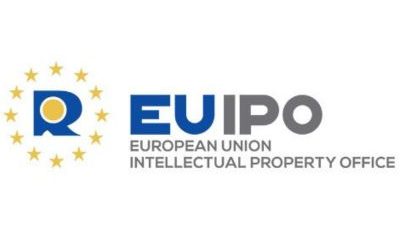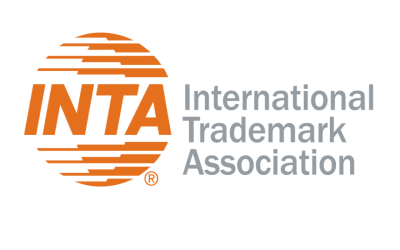Recently, Asian News International (ANI), a renowned news agency, has filed a copyright infringement suit against the creators of ChatGPT, OpenAI. In this case, a first-of-its-kind in India, ANI has sought an injunction against OpenAI to restrain it from storing, publishing, or reproducing any copyrighted works of ANI or any other original works through their training artificial intelligence (AI) model ChatGPT. This case opens the door for forming new legal precedents in the field of copyright law in India in the wake of the latest technological advancements.
The Delhi High Court is faced with pivotal issues of whether using ANI’s copyrighted works (in the form of news) for training AI models like ChatGPT leads to copyright infringement and whether such use of copyrighted material by OpenAI qualifies as ‘fair use’ under the Copyright Act, 1957. The decision in the case is poised to be a landmark ruling in respect of generative AI and machine learning in India.
ANI has contended that output generated using Chat GPT is substantially similar to its content, leading to copyright infringement and unauthorized use of ANI’s intellectual property. In response, OpenAI has submitted that it has already blocklisted ANI’s domain www.aninews.in and, as a result, the said domain will be excluded from the future training ChatGPT software.
Generative AI and its implications on copyright
Copyright provides exclusive legal rights to the creator of the original works, which include artistic, literary, dramatic works, music, cinematographic works, photographs, etc. The main eligibility of copyright protection is the “originality of the work.” However, this distinction becomes difficult in works created by AI with and without human intervention. In cases of human intervention, the author of the said work will be the person who created the work using AI, which is not the case in the absence of human intervention. The purpose of copyright is to encourage and safeguard human creativity and innovations. Providing copyright protection to AI-generated data will put human creativity on the same pedestal, whereas if the same is excluded, its AI-generated data will be considered subpar to works created by humans. The question of ownership in AI-generated works is debatable in copyright infringement matters through AI. Machine learning or training AI systems with already available data may lead to copyright infringement. The data used to create AI-generated works may be subject to copyright, and using such data without authorization will lead to copyright infringement if so, then the next question is who would be the infringer.
Similarly, Google launched its Google DeepMind and Lyria AI models using AI to generate music with instruments and vocals. Google DeepMind’s Lyria will allow music composers to experiment “to create a unique soundtrack with the AI-generated voice and musical style of artists, including Alec Benjamin, Charlie Puth, Demi Lovato, John Legend, Sia, Troye Sivan, and Papoose.” The extent of authorization to use the music style of said artists who collaborated with Google and possible infringements using said AI-generated voices is an unexplored territory worldwide. Implications of AI are not limited to data generation. Software like ChatGPT can be used to create images, sounds, and audio-visuals that may utilize the appearance and stylize of a person without their consent, also known as deepfakes. Deepfakes are circulated on social media platforms in the form of videos, reels, and images. Such an act may lead to infringement of copyright/personality rights of the attributes of the person whose deepfake is created. The formation of AI laws aligned with intellectual property rights, especially in an emerging digital landscape, is needed.
Which side are you on?
The issues outlined in the present case are not limited to India. It has global implications for shaping the relationship of AI and data protection laws with intellectual property rights. The debate is still ongoing on whether the data used to train AI models amount to copyright infringement or not. Those in favor argue that it amounts to fair use as the data used is publicly available and only for purposes of training the AI software in the absence of direct distribution of such data. Those against it argue that even such use infringes the exclusive right of the creator to exploit such data, and any direct or indirect use of their copyrighted data is without consent and any commercial benefits.

Written by Malvika Singhal
Associate, Zeal Attorneys
You may also like…
EUIPO and UANIPIO welcome the integration of Ukraine’s trademarks into TMview
The European Union Intellectual Property Office (EUIPO) and the Ukrainian National Office for Intellectual Property...
Jägermeister succeeds in opposing the EU trademark application Alten Kräuterfrau for alcoholic beverages
Mast-Jägermeister SE filed an opposition on the grounds of Article 8(1)(b) – likelihood of confusion between the signs...
INTA’s Brand & New podcast wins prestigious w3 Award for “Inside the Dupe Revolution” series
New York, New York—October 14, 2025—The International Trademark Association (INTA) is proud to announce that its...
Contact us to write for out Newsletter














